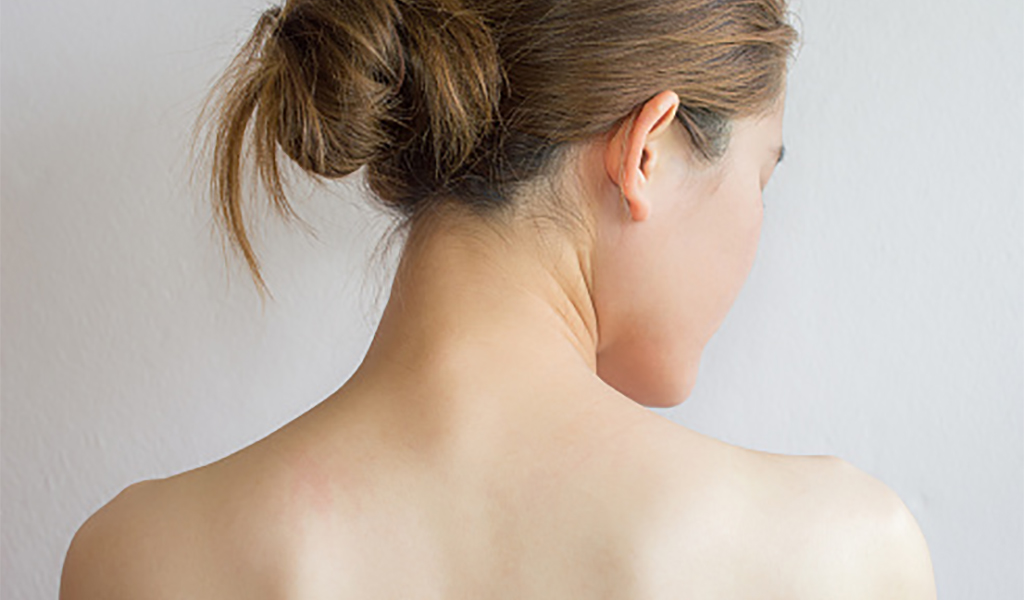- Home
- Living With Breast Cancer
- Intimacy
- Libido – a common but surmountable decrease that may occur during breast cancer
Libido - a common but surmountable decrease that may occur during breast cancer
Breast cancer is the most common cancer in women worldwide and its therapy may lead to sexual dysfunction. In fact, low sexual desire has been reported by up to 48% of women with breast cancer. And up to 64% of them report experiencing a total absence of sexual desire.1,2
Low libido or its loss. What are telltale signs?
It is important to note that libido and sexual desire are unique traits, therefore making it difficult to define what the common symptoms are.
You may for example find that it has become harder to get aroused, and even harder to experience an orgasm. Mood changes may play a role as they can occur because of the diagnosis and the treatment of breast cancer. Sex may even be the last thing on your mind if you are experiencing depression.3 In fact, depression or not, the first person who will probably alert you that something is not as usual is your partner.
How does libido decrease come about?
A decrease in libido does not exclusively occur in women with breast cancer or cancers of other types. It can also stem from having an unexplained and often prolonged decrease in sexual desire. This, in some extreme cases, can even lead to an aversion to sexual activities.
The decrease in libido could also be caused by: 3-5
- Treatments that may increase vaginal dryness, vaginal pain, anxiety/depression and menopausal symptoms
- Psychological effect of treatment and change that women go through such as weight changes, hair loss and breast surgery of any kind
Breast cancer treatments can lead to vaginal dryness, which can cause pain during sexual intercourse.
See our article on vaginal dryness.
Some chemotherapies cause ulcers, which can also cause pain in several of the body’s mucous membranes (e.g. vagina, rectum). Hormonal treatments or chemotherapy can lead to physical changes and induce menopause, for example. 3
How can one deal with a decrease in libido? 3
- Find ways to boost your confidence (Consult our section on beauty)
- Exercise (physical activity produces endorphins, otherwise known as happiness hormones) (See our section on beauty and on fitness)
- Manage other side effects that can contribute to the loss of libido
- Ask your doctor if any other medicines you are taking could be contributing to a lower libido
Promoting a discussion around libido decrease4-6
You are not alone. Going through a period with a dwindling libido is quite normal for women with breast cancer. The stress that comes with cancer, related treatments and the changes in your body all can overshadow your sex life. As with all physical changes, it is important to talk to your doctor about this. There are sex-oncology specialists who specialize in sexuality during cancer. They can discuss the advantages and disadvantages of effective solutions.
They are also there to talk about your problems by putting words to what you are feeling. Support is important during and after the illness. In addition to close friends and dedicated support groups out there, do not hesitate to involve your partner in this. Your partner’s there to help you through this as well. However, if you feel you need outside intervention because it is affecting your relationship, seek help and talk to your doctor.7
How can I even bring this up with my doctor?
Here are some questions that can help you set a safe zone with your doctor and other already formulated questions that can ease the discussion with your doctor.
- Doctor, I have a sensitive subject to discuss with you. Can you assure me that I can talk about anything with you?
- Doctor, I’m not sure why, but I’m having some difficulties being intimate with my partner. Would you be able to help me?
- Doctor, I do not understand. Sex used to be important for me, but now I have little to no desire. Is this normal? Will it go away after a while? Is there anything I can do about it now?
References
- Barni S, Mondin R. Annals of Oncology 1997;8:149–153.
- https://www.wcrf.org/dietandcancer/cancer-trends/worldwide-cancer-data [Last accessed July 2019]
- https://www.nhs.uk/conditions/loss-of-libido/ [Last accessed July 2019]
- https://www.breastcancer.org/tips/intimacy/loss_of_libido [Last accessed July 2019]
- https://www.breastcancer.org/treatment/side_effects/libido_loss [Last accessed July 2019]
- Zaied S, et al. Bull Cancer 2013;100:689-696.
- https://www.cancer.org/treatment/treatments-and-side-effects/physical-side-effects/fertility-and-sexual-side-effects/sexuality-for-men-with-cancer/faqs.html [Last accessed July 2019]

Breast cancer: Live your life
PDF - 796 Kb












